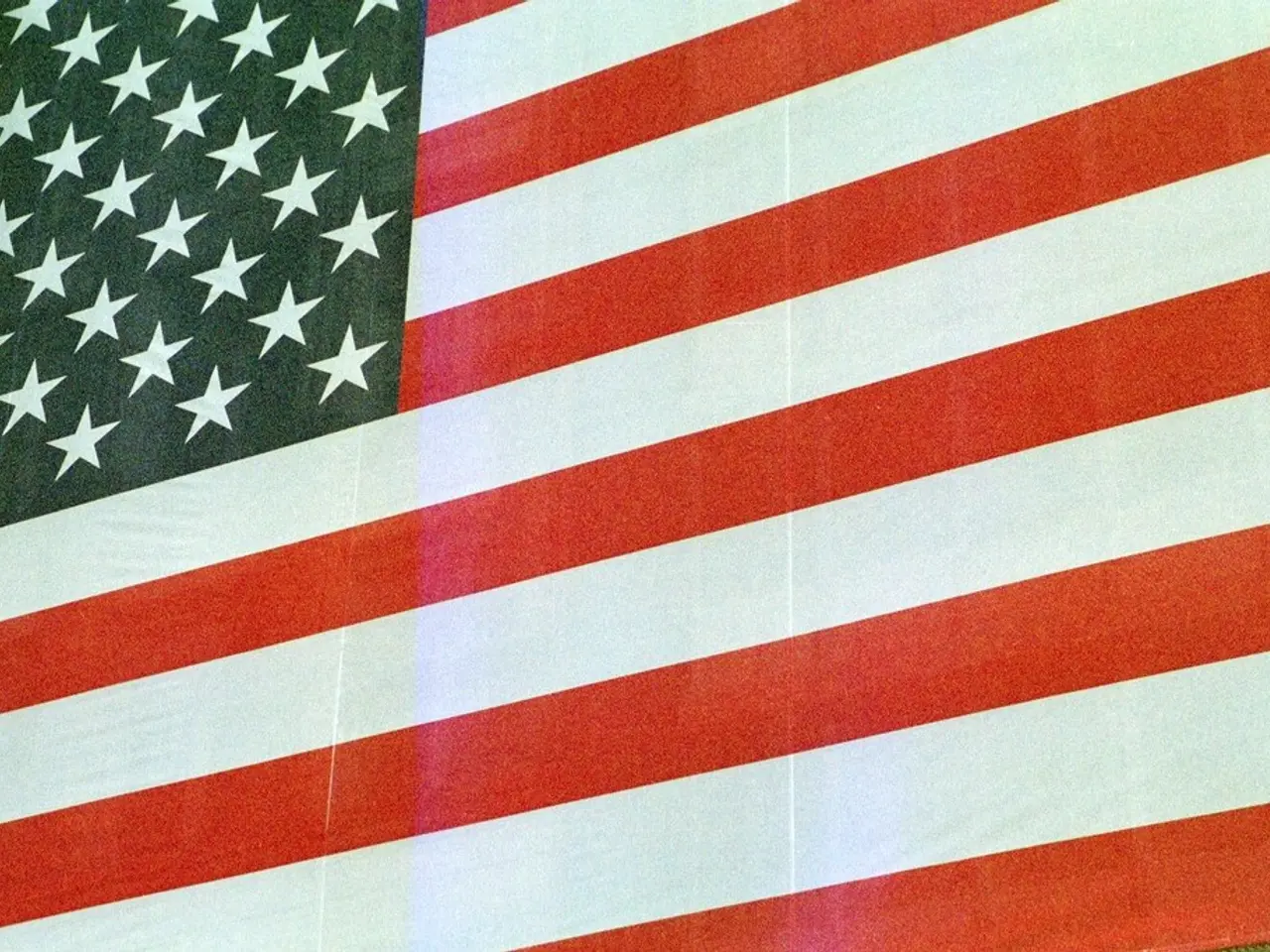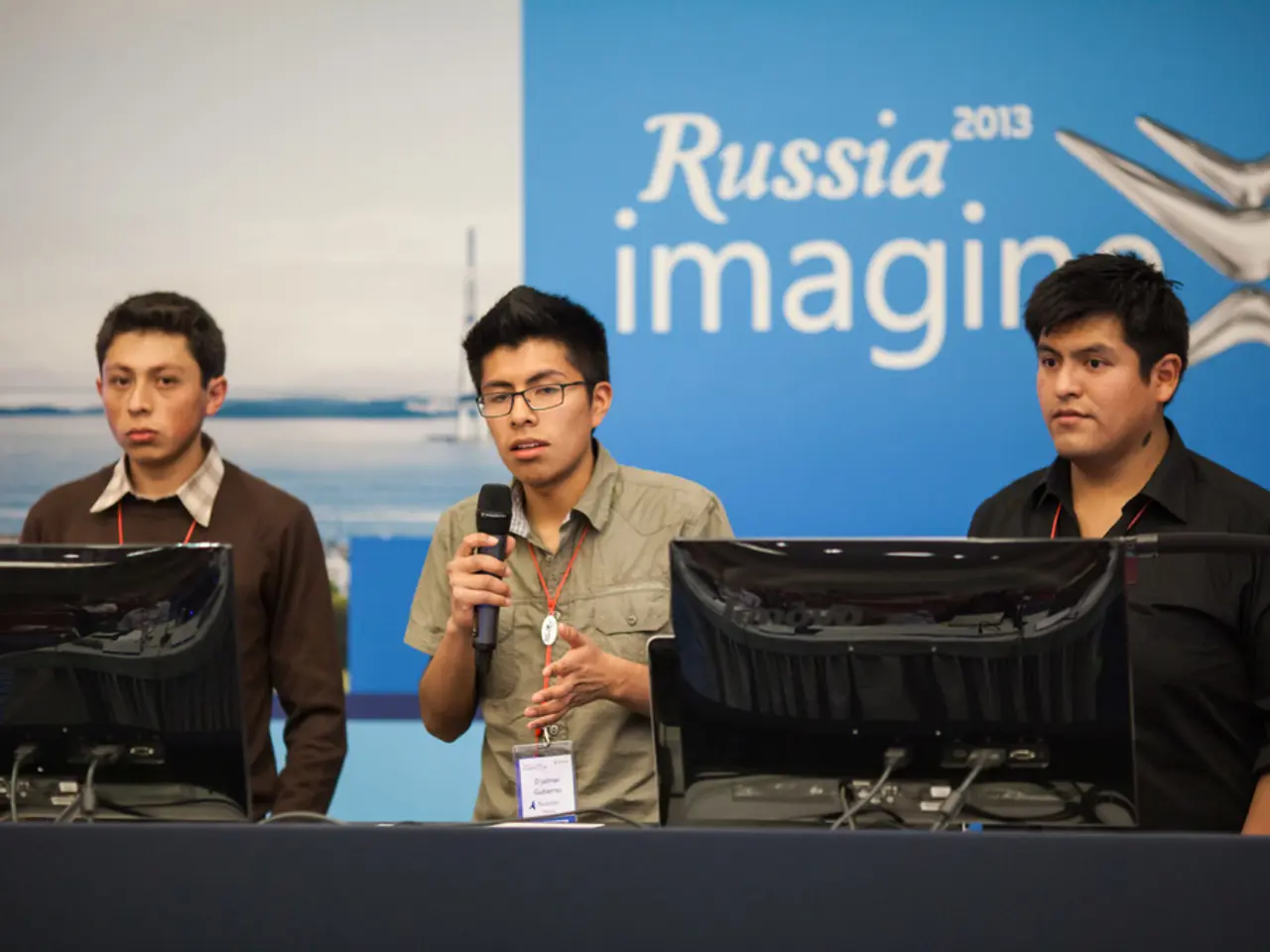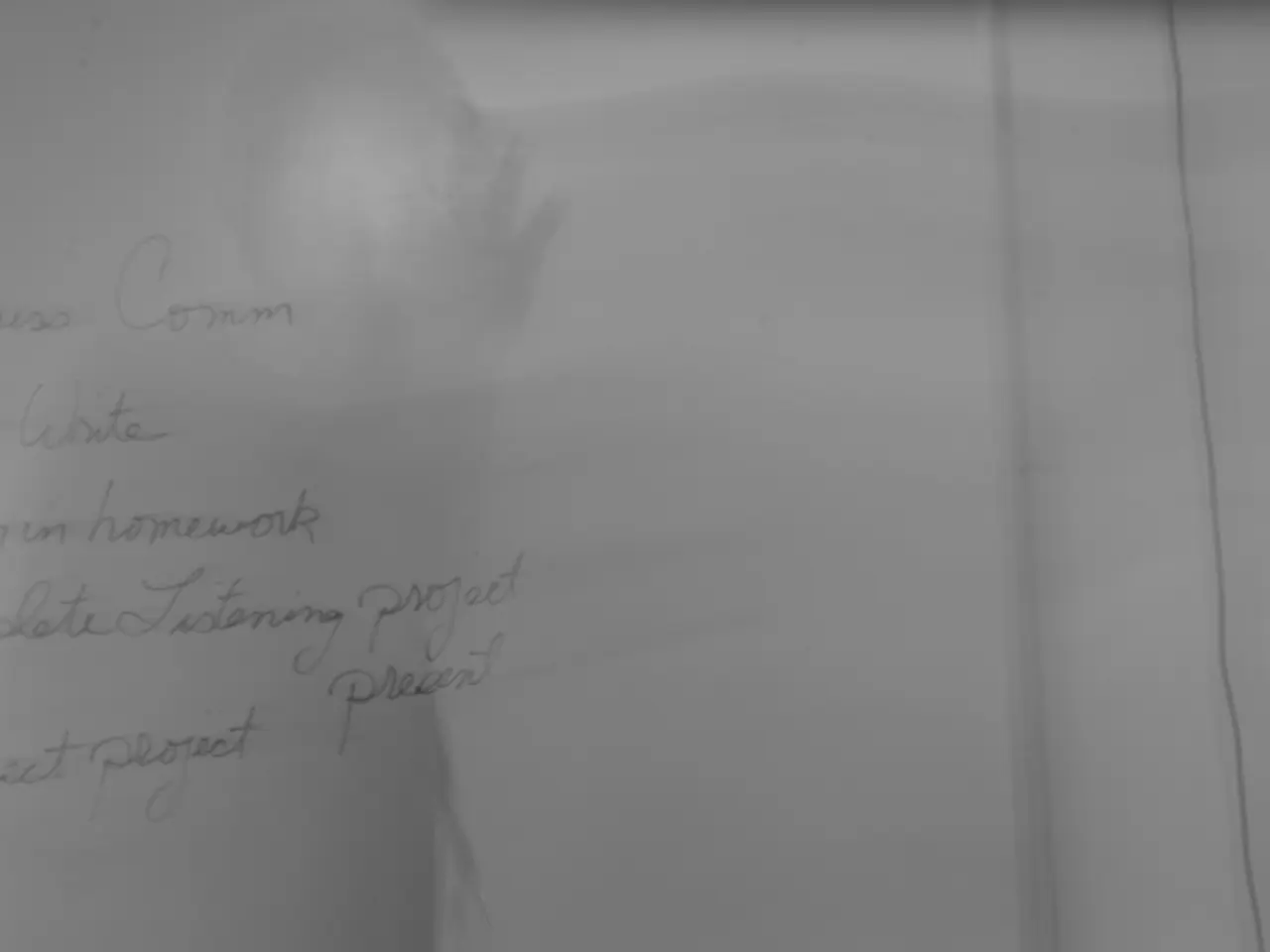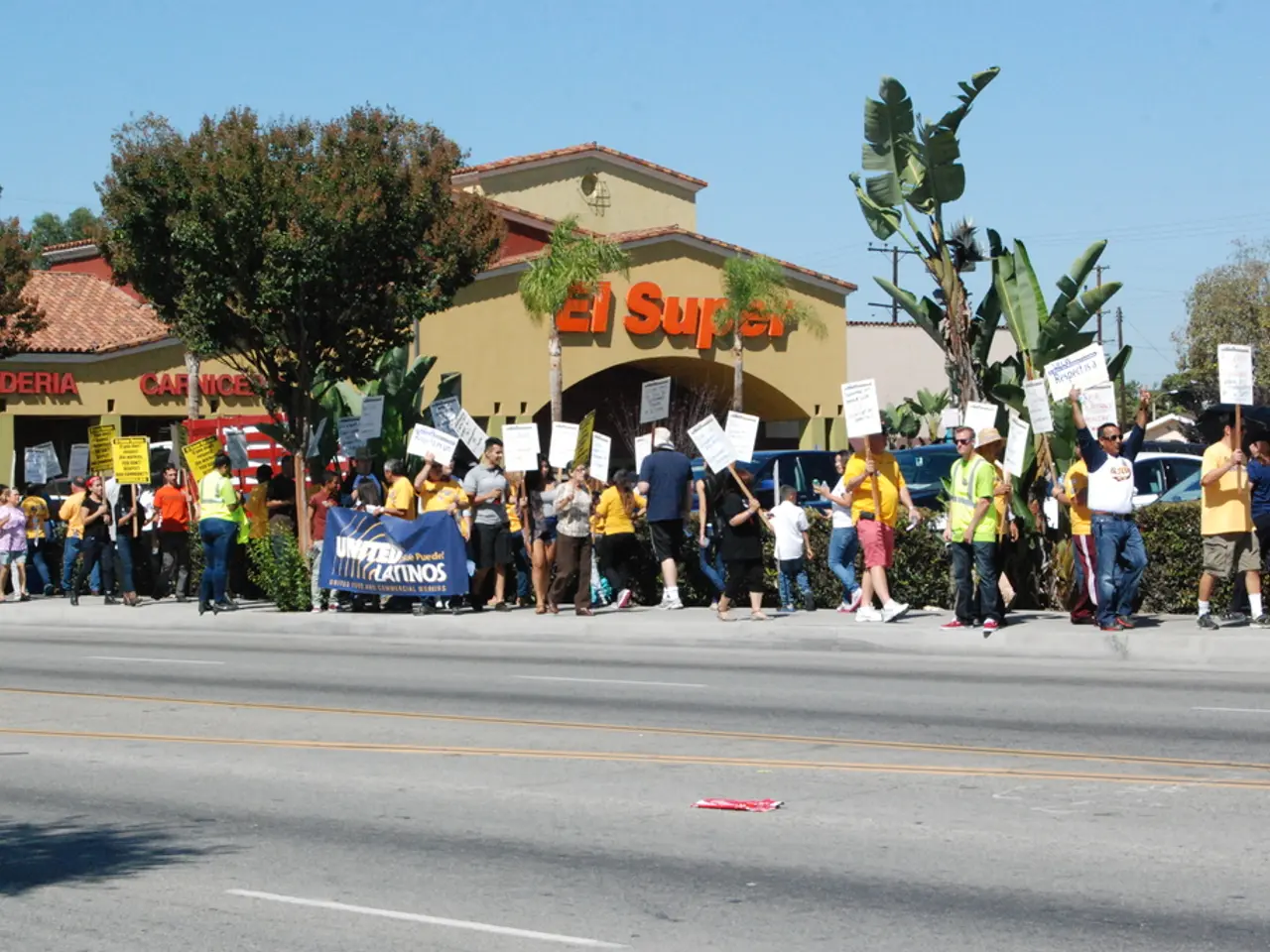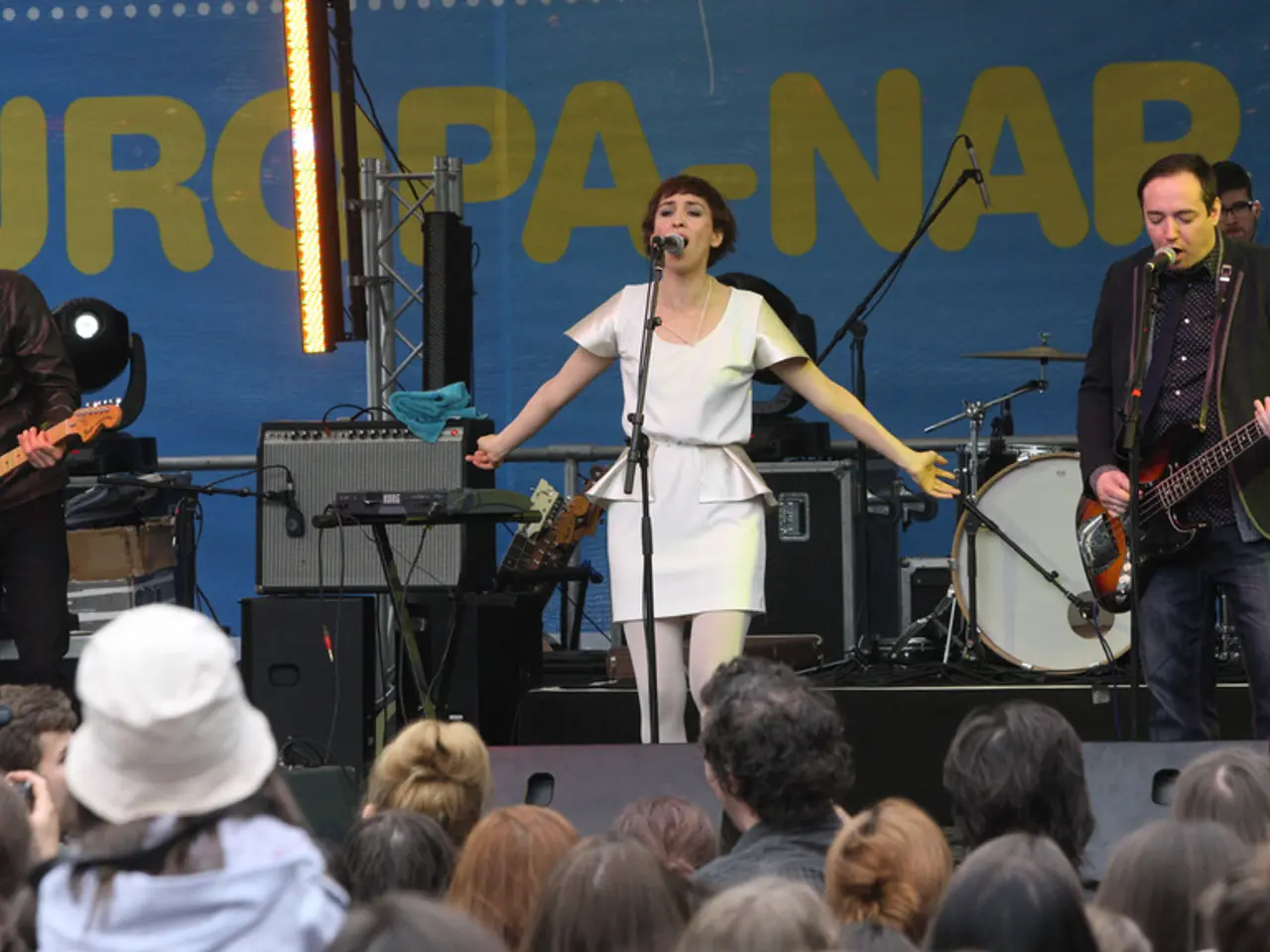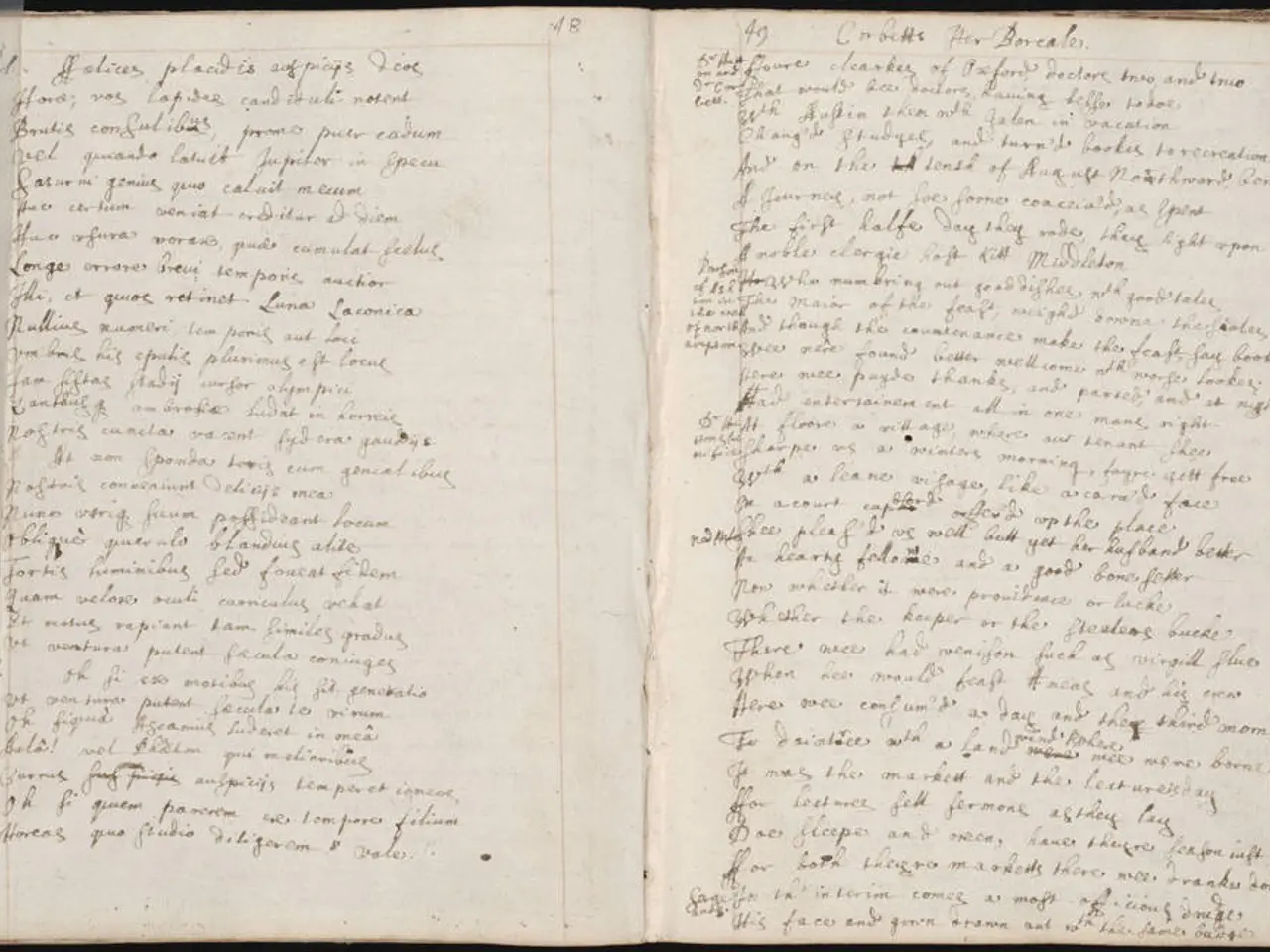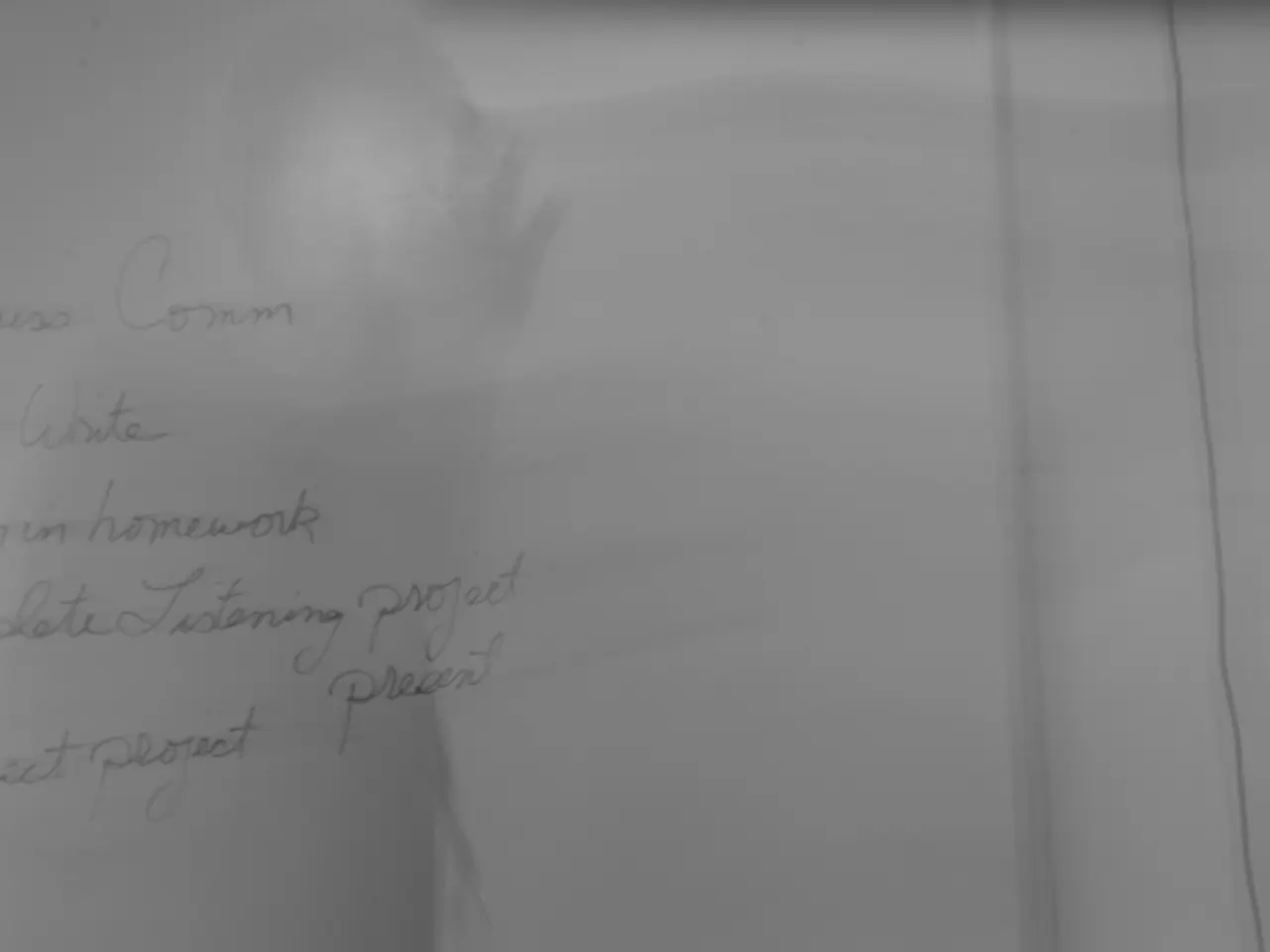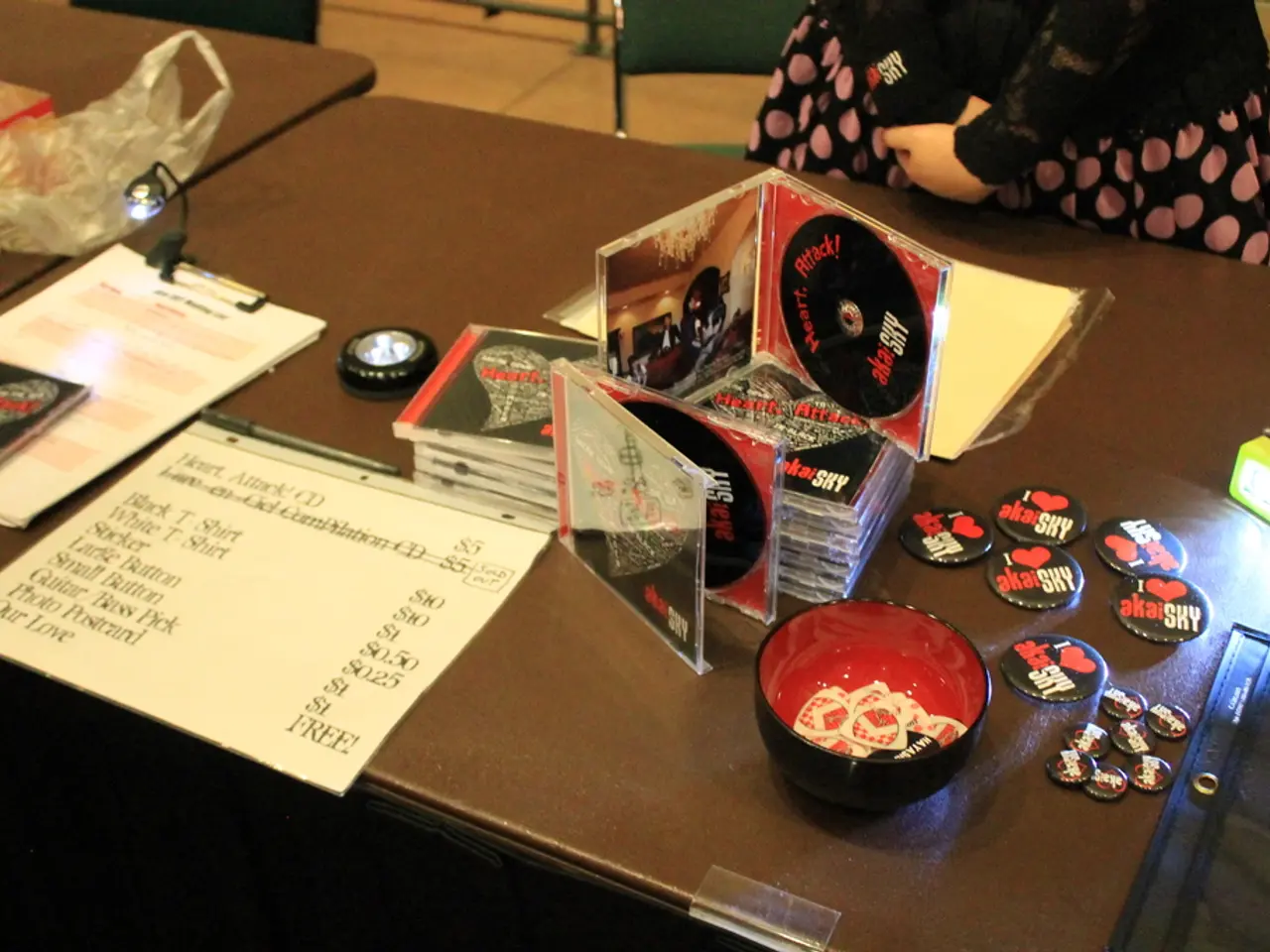Indonesia takes action against pirate-themed demonstration banner
Protesters in Indonesia Use "One Piece" Flag as a Symbol of Dissent Against President Prabowo Subianto's Policies
In Indonesia, the display of the "One Piece" Jolly Roger flag has become a widespread and visible symbol of dissent against President Prabowo Subianto's governance and broader corruption issues. The flag, featuring the iconic skull with a straw hat from the popular Japanese anime, has been displayed on trucks, cars, and homes by protesters who feel disillusioned with government corruption and lack of freedom of speech.
The Indonesian government, however, views the flag's display as provocative, divisive, and potentially illegal when flown near the national flag or on key national holidays. Officials warn that the flag is a "provocation" and an attempt to divide the nation, with some government figures describing the movement as "borderline treason" and an insult to the nation's dignity.
Enforcement measures include warnings, confiscations, intimidation, and threats of criminal charges. Khariq Anhar, a 24-year-old university student in Sumatra's Riau province, stated that he raised the "One Piece" flag because he believes the national flag is too sacred to be raised in a corrupt country. Food seller Andri Saputra, on the other hand, has flown the "One Piece" ensign below an Indonesian flag at his home for a week, wanting to be able to decide what symbols he displays.
Rights groups argue that the response to the "One Piece" flag protests is excessive and that Indonesians are legally allowed to wave the flag. Amnesty International Indonesia executive director Usman Hamid states that raising the "One Piece" flag as a critic is a part of the freedom of speech guaranteed by the constitution. Dedi Dinarto, lead Indonesia analyst at advisory firm Global Counsel, adds that the display of the "One Piece" flag allows people to channel frustration without spelling it out.
The "One Piece" manga series, created in 1997, represents opposition to an authoritarian world government in its best-selling series. The use of the flag as a protest began with disgruntled truck drivers earlier this summer and has since snowballed into an online and real-life movement. Other rallies in 2016 and 2019 were also sparked online, and the government may be worried that the "One Piece" flag movement follows the same digital playbook.
In a statement, Ministers have cited a law that prohibits flying a symbol higher than the national flag as the basis for any punishment. State Secretary Minister Prasetyo Hadi stated that President Prabowo had no issue with the "expression of creativity," but the two flags "should not be placed side by side in a way that invites comparison." The government has threatened to ban the flying of the "One Piece" flag next to Indonesia's colors, particularly on Independence Day (August 17).
The "Dark Indonesia" protests began in February against Prabowo's widespread budget cuts, sparked by a logo posted on social media. A printing business owner in Central Java reported a raid by plain-clothes police to halt production of the "One Piece" pirate emblem. Despite these threats, young Indonesians like Khariq are still willing to risk protesting, showing the resilience and determination of the Indonesian people in their pursuit of a more just and equitable society.
In the context of the "One Piece" flag protests in Indonesia, international observers and general news outlets have discussed the flag's role as a symbol of dissent against President Prabowo Subianto's government, embodying broader feelings of dissatisfaction with international business, politics, and cultural issues. Amidst the debates, the universal right to freedom of speech and expression, as guaranteed by the Indonesian constitution, has emerged as a central point in the general-news discourse.
